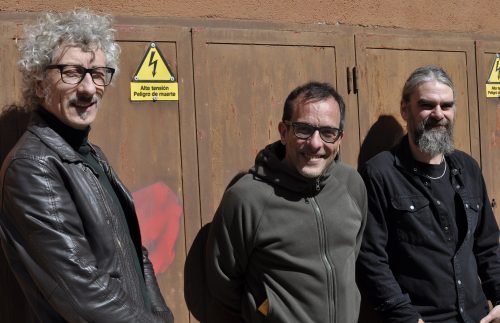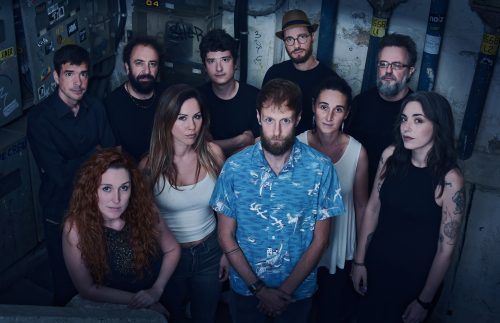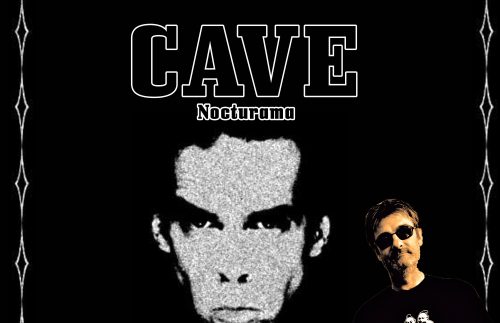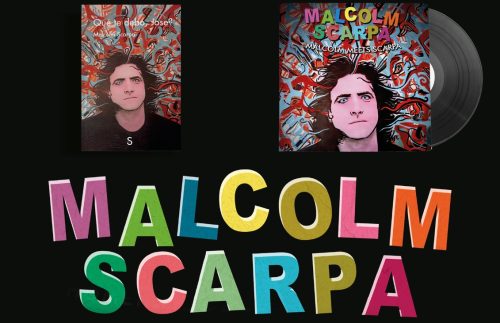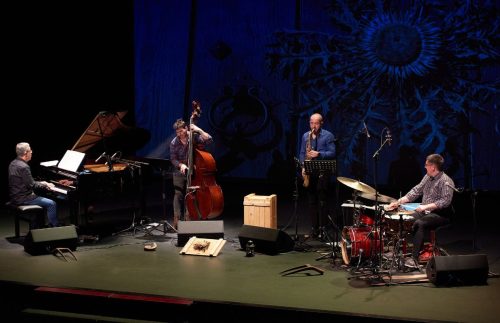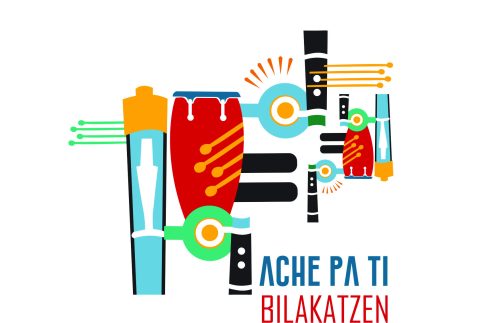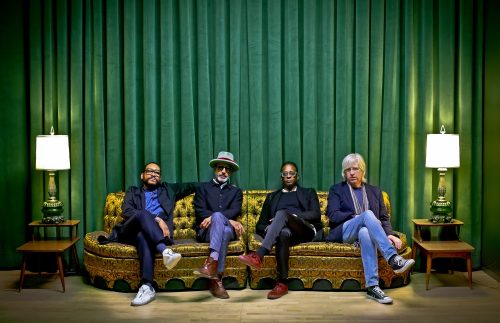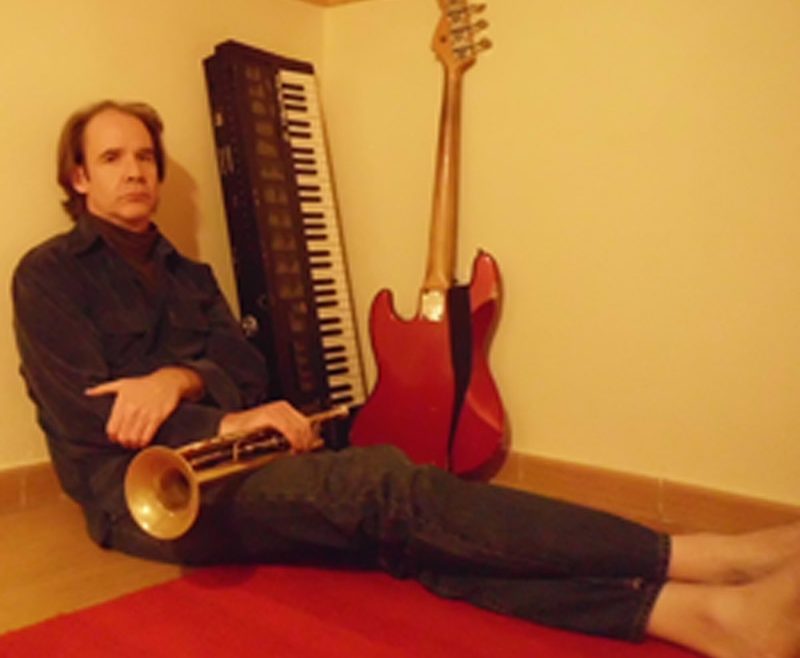
Musikari handi baten sena
Oraingoan, konposizioaz eta bere ohiko musika-tresna jotzeaz gainera, beste egiteko batzuk ere bere gain hartu ditu Kasek –besteak beste, baxua eta teklatuak jo ditu, soinu teknikariarena egiteaz gain–, eta disko batean orain arte saiatu edo erregistratu ez dituen esparru estilistiko guztiz berezietan murgildu da.
Disko honetan entzun dezakegun musika talde klasikoagoetara ohituta dagoen jazz zale batengandik espero zitekeena ez bada ere, esan dezagun are bitxiagoa gertatu zela bere sorrera. Izan ere, gauza bat eta bera bihurtu baitzen piezak konposatzea, interpretatzea eta grabatzea.
Estilistikoki ere harago egiten du Kasek. Grabazio harrigarri honetan aukera dugu ohiko jazz akustikoari leku egiten ez dioten giroak entzuteko. Ideia horiek jazz fusiora eraman dute Kase.
Jazz fusioaren, elektronikaren eta jazz garaikidearen arteko uztarketa kitzikagarria eskaintzen digu Kasek 11 pieza hauetan, zeinetan lekua duten melodia itsaskorrek (The Dark Passenger), gogoetarako gonbidapena egiten duten giro sosegatuek (Should’ve), hip-hoperako egokiak diren erritmo oinarrien gainean eraikitako konposizioek (Badness), Europako iparraldetik datozen haize hotz eta malenkoniatsuek (Radiant happiness) edota jazz fusio peto-petoak (Schizoid).
Albisteak